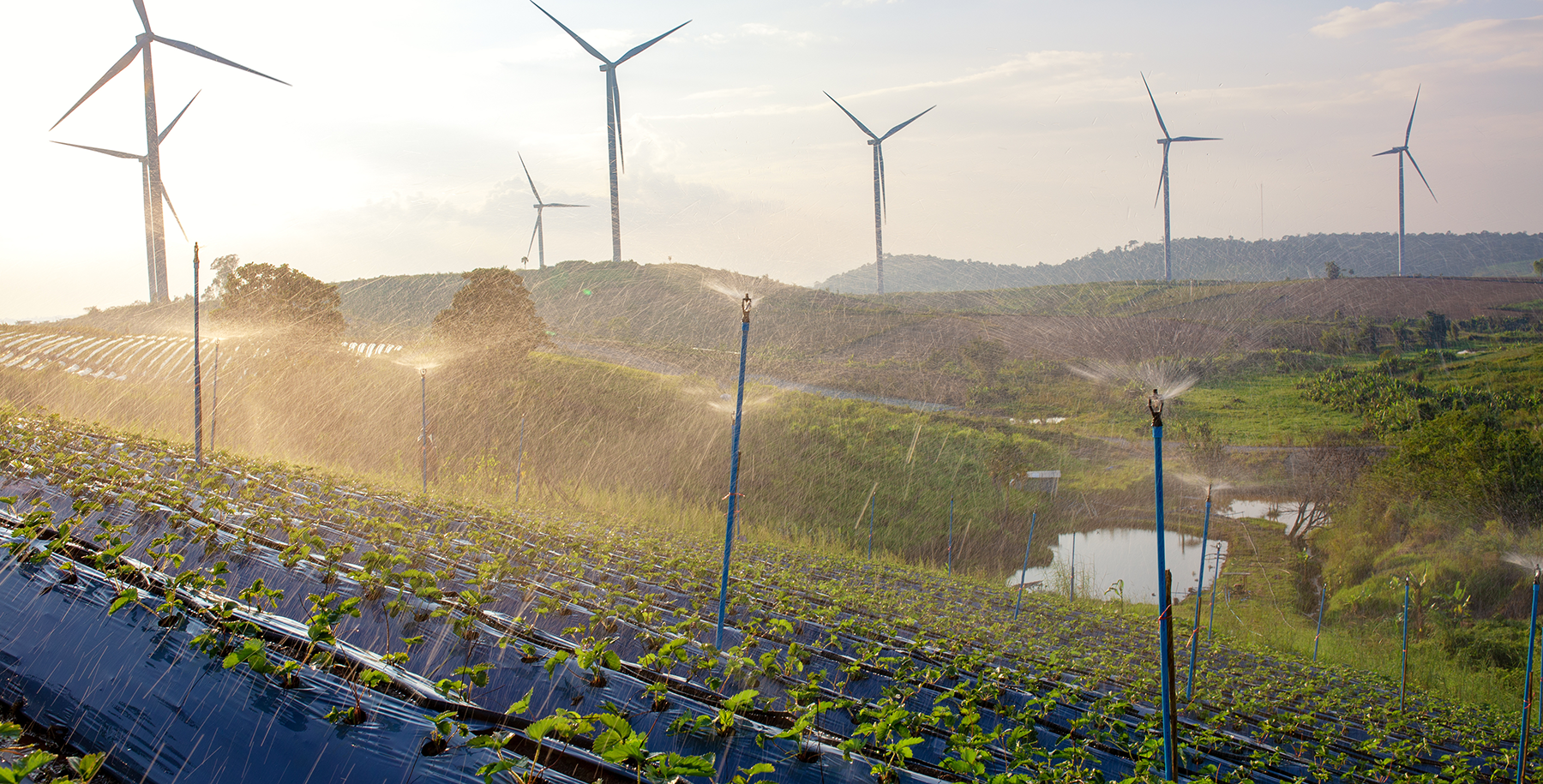
Announcing the initiation of joint efforts to create a master’s degree on the Sustainability of Agrifood Sector–Water–Energy–Food–Climate Nexus
The Texas A&M Energy Institute is proud to announce a significant collaborative project with the Agricultural University of Athens (AUA) to establish a dual master’s program centered on the critical intersection of Water, Energy, Food (WEF), and Climate Change, directly confronting pressing global challenges. This $3,000,000 project is generously supported by the Greek Ministry of Education’s “Internationalization of the Educational Services of Greek Higher Education Institutions” program, a testament to the pressing interconnected global challenges in this vital nexus, resource security, and climate resilience.
This partnership exemplifies the Energy Institute’s steadfast commitment to fostering international research and educational collaborations, as well as addressing complex global issues. The program will leverage the interdisciplinary expertise of the Texas A&M University Department of Biological and Agricultural Engineering (BAEN), a pivotal contributor to this significant endeavor. This project is unique as the first formal WEF Nexus graduate program and builds on TAMU leadership in this area in both research and education.
Spearheading this collaborative effort are Dr. Rabi Mohtar, Senior Advisor for the Resource Nexus at TAMEI and Professor in Texas A&M’s Department of Biological and Agricultural Engineering (BAEN) and the Zachry Department of Civil and Environmental Engineering, and Dr. Konstantinos Pappas, Associate Director of Texas A&M Energy Institute (TAMEI), and Adjunct Professor in BAEN. Dr. Mohtar, an internationally recognized authority in the WEF Nexus, has provided pivotal intellectual and strategic leadership in the proposal’s development. Dr. Pappas, with extensive expertise in international policy and the intersection of sustainability and human mobility, played a vital role in shaping the proposal’s vision and advancing the collaboration through his leadership of the METAVASIS project. The dedicated leadership and shared vision of Dr. Rabi Mohtar and Dr. Konstantinos Pappas have been instrumental in cultivating and strengthening this international partnership. Their unwavering commitment to fostering global collaboration and their forward-thinking approach to addressing critical global challenges, particularly within the WEF Nexus, have been pivotal in securing this crucial funding and driving the development of this master’s program. The TAMEI’s dedicated team also includes Dr. Stratos Pistikopoulos, Director of TAMEI and Distinguished Professor of Chemical Engineering, who will contribute his expertise to developing effective and sustainable technological and policy solutions within the complex WEF Nexus framework.
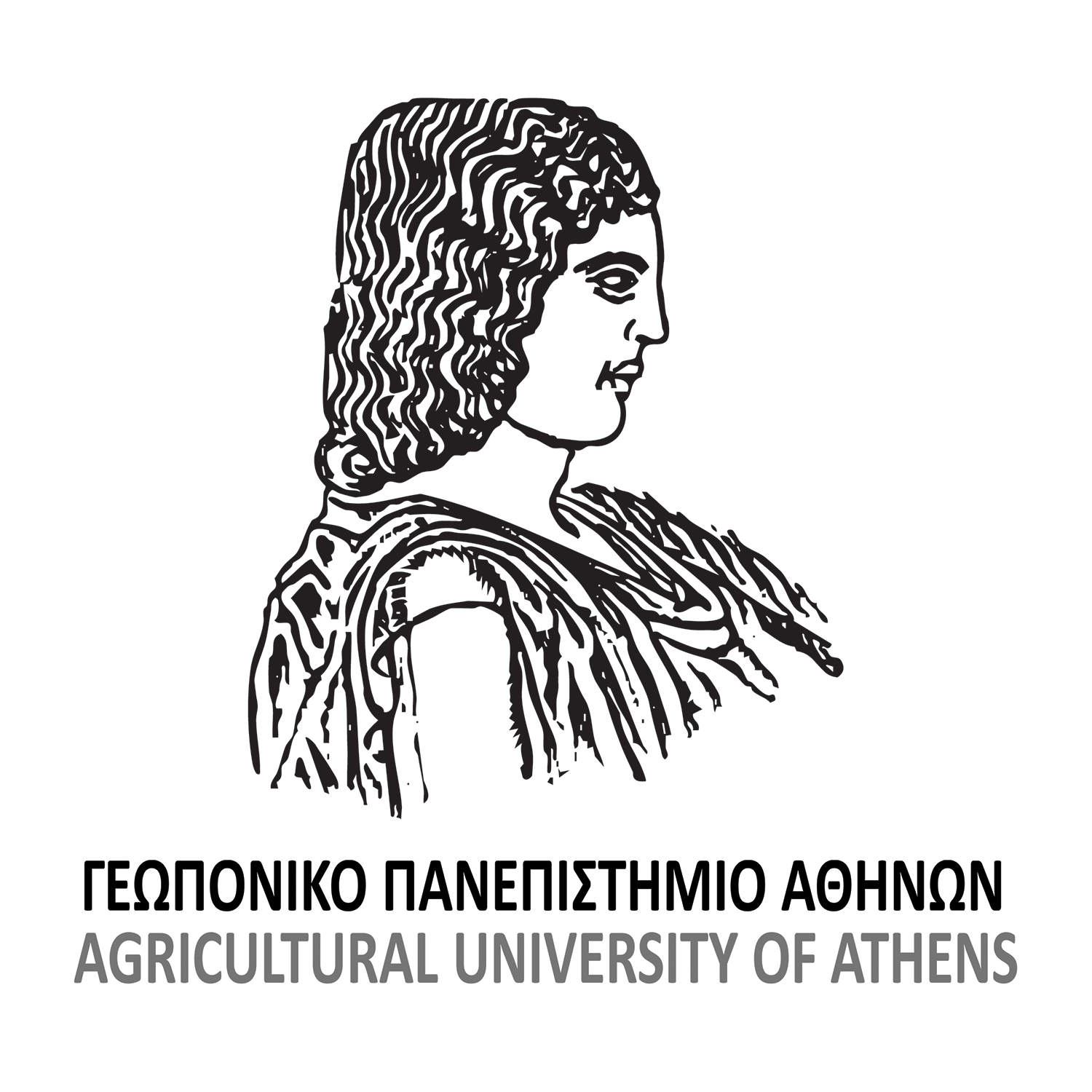
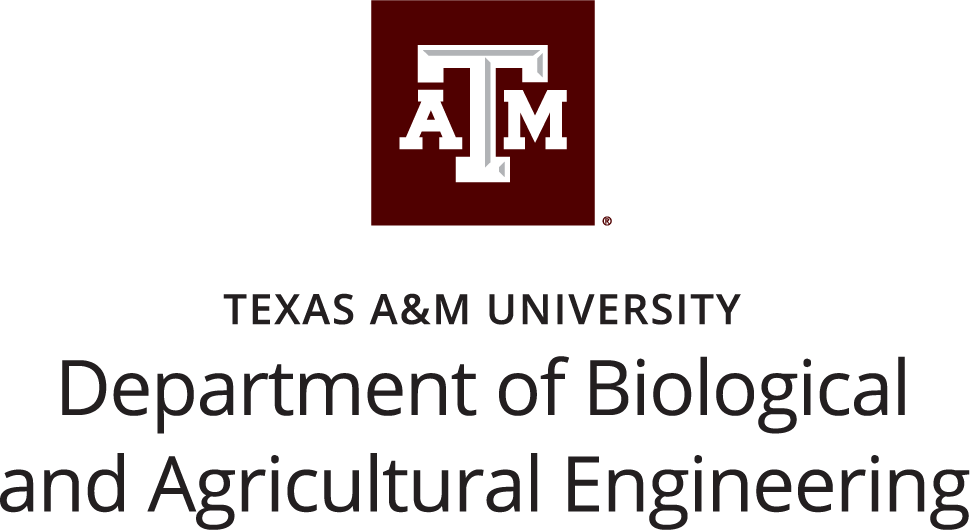
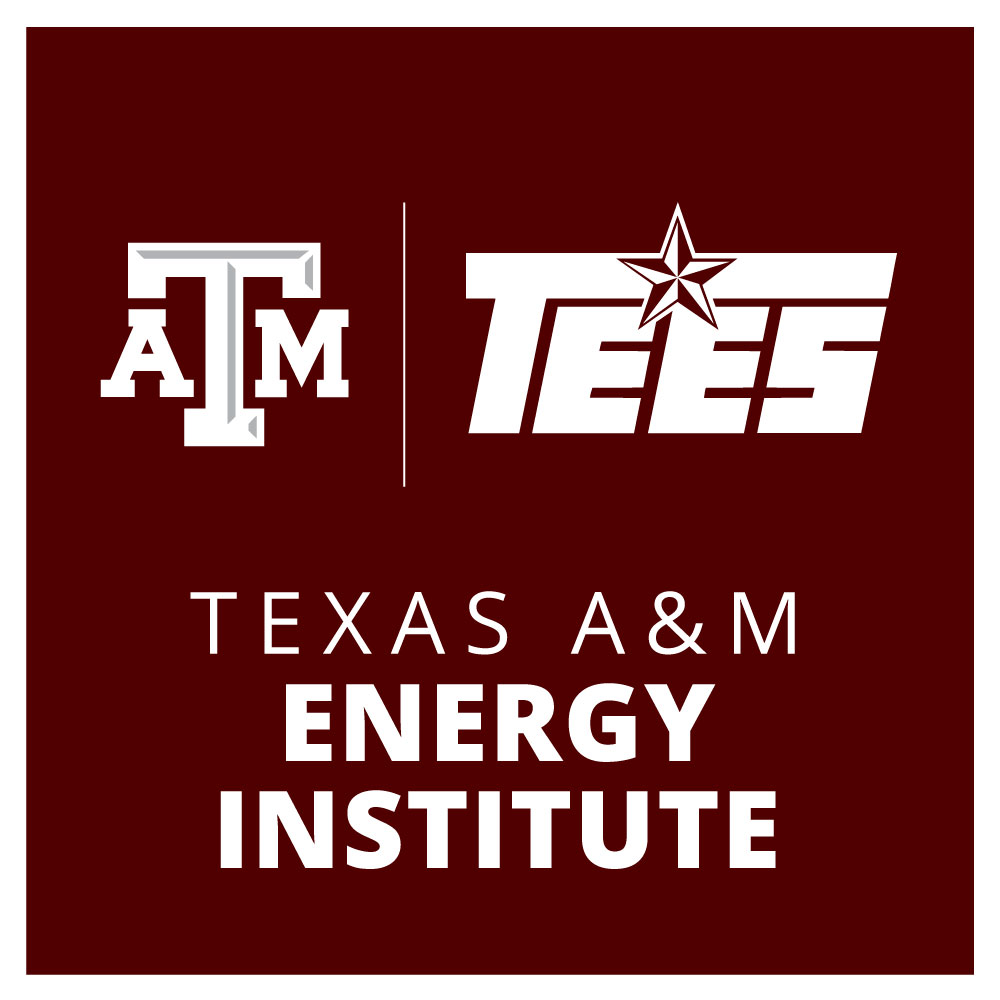
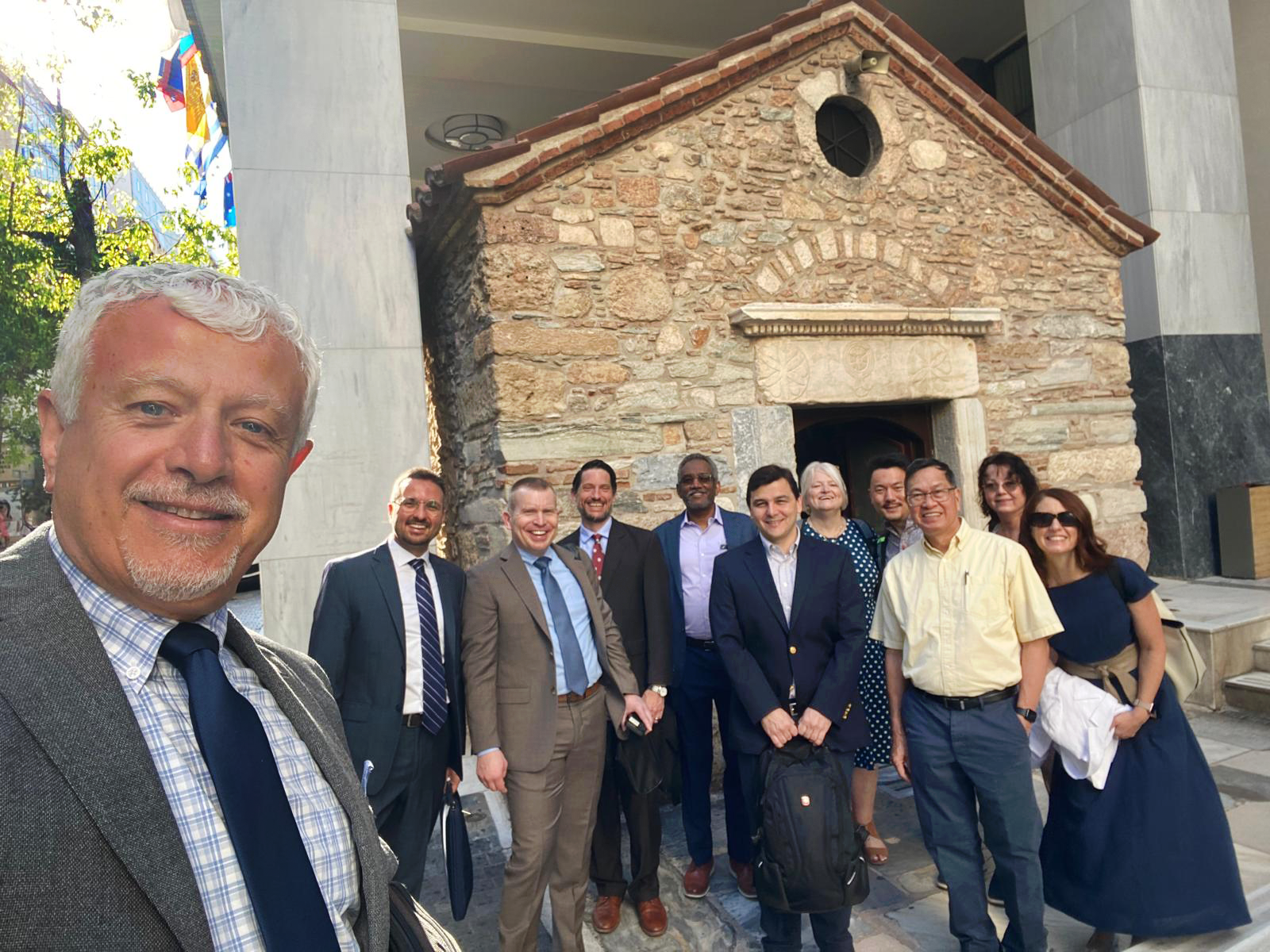
Dr. Patricia Smith, Head of BAEN, will expertly guide the project from Texas A&M University, co-directing its activities with Dr. Thomas Bartzanas, Vice Rector of AUA, and Dr. Amir Ibrahim, Associate Vice Chancellor for Research at the College of Agriculture and Life Sciences, Associate Director and Chief Scientific Officer of Texas A&M AgriLife Research, and Professor in the Department of Soil and Crop Sciences, will bring crucial agricultural insights to the nexus.
Beyond these core experts, Texas A&M University will harness the diverse knowledge and experience of its faculty, researchers, and administrative staff across numerous departments and colleges to ensure the comprehensive design, establishment, success, and long-term impact of this interdisciplinary educational initiative. By fostering a robust interdisciplinary collaboration between BAEN and TAMEI, a truly unique and impactful program is aimed to be created that will tackle the critical issues of water, energy, and food security and actively promote global sustainable development.
Strategic Initiative for Internationalizing Greek Higher Education
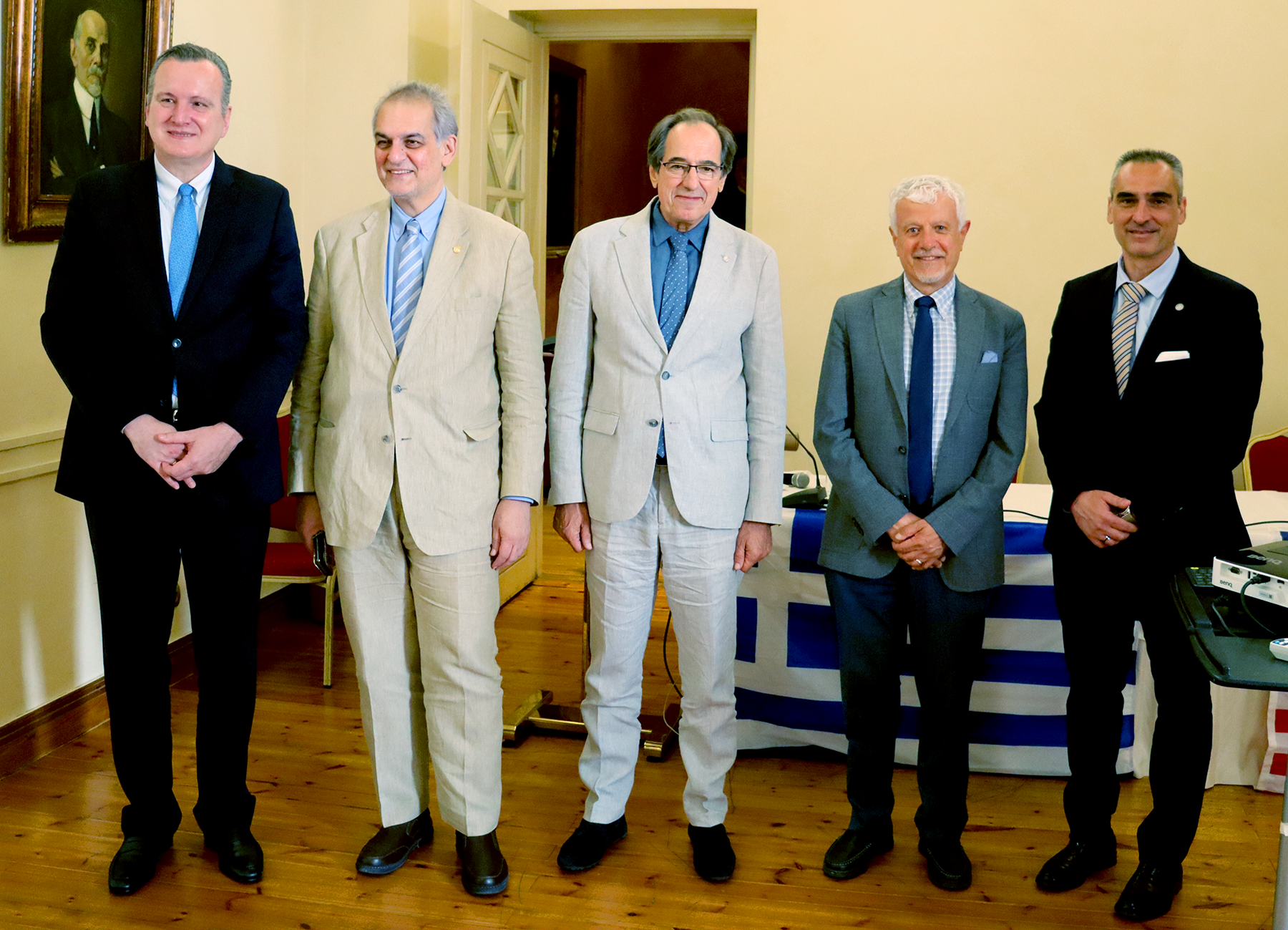
The Greek Ministry’s program aims to elevate Greek universities by supporting the development of joint or dual master’s programs with distinguished international partners. The selection of the AUA and Texas A&M University collaboration is significant, representing one of 63 funded proposals out of 132 evaluated by the Hellenic Authority for Higher Education (HAHE). This initiative signifies a commitment to innovative education and the cultivation of a new generation of scientists equipped to navigate the complexities of the modern world. Notably, fifteen U.S. universities are contributing to 21 of these funded proposals, including prominent institutions such as Yale University, Boston University, Columbia University, Georgetown University, Harvard University, and New York University, placing Texas A&M University within this esteemed group, involved in two projects, including this WEF Nexus and Climate Change Master’s program with AUA.
The “Sustainability of Agrifood Sector–Water–Energy–Food–Climate Nexus” Dual Master’s program: A Holistic Approach
The design phase of the two-year dual master’s program will kick off this summer at a workshop in AUA. The program, titled “Sustainability of Agrifood Sector–Water–Energy–Food–Climate Nexus,” builds upon the longstanding collaboration between AUA and Texas A&M University. Recognizing the urgent need for interdisciplinary knowledge, the program will educate future scientists to guide the implementation of sustainable strategies across businesses, public organizations, and research institutions.
The curriculum will integrate systems thinking with hands-on learning and applied research in critical areas such as:
- Sustainable food production in relation to water and energy resources
- Rational water use across agriculture and other sectors
- Energy challenges, energy systems, and technologies
- Climate change adaptation and risk assessment
- Sustainability analysis and nexus modeling
- Impacts of migration, conflict, and disaster on resource systems
The program will employ a dual master’s degree structure, requiring students to complete one year of study at each participating university.
Responding to Student and Faculty Demand
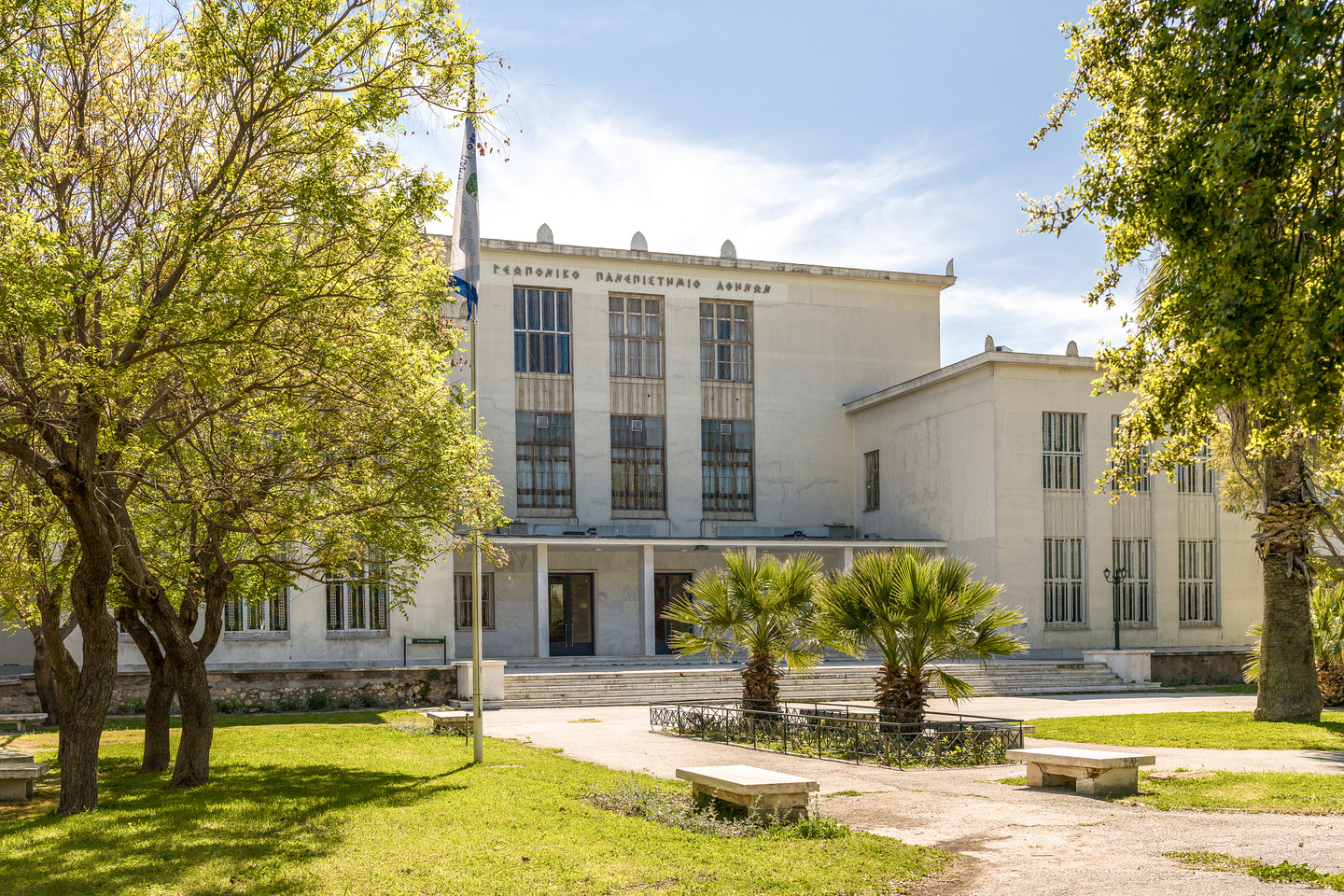
The decision to pursue a proposal for the design of a Master’s Program in this specific thematic area was carefully considered, taking into account the priorities outlined in the funding call, the strategic objectives of Texas A&M University, and the valuable insights from surveys conducted with students and faculty.
Comprehensive surveys were conducted to ensure the proposed program aligns with the needs and interests of both students and faculty, gathering valuable feedback from 51 students within BAEN and the Energy Institute’s educational program, as well as 17 faculty members from BAEN. Key findings included:
- Strong Student Interest: An overwhelming majority of students (86%) expressed significant interest in enrolling in a Master’s Program focused on the WEF Nexus offered in collaboration with a European University. Students emphasized the importance of practical applications, hands-on learning experiences, understanding career opportunities, and the program’s interdisciplinary nature.
- Faculty Support: Faculty members strongly supported the development of an international program centered on the WEF Nexus. They recognized the program’s benefit to students, equipping them with essential skills to address complex sustainability challenges. Faculty also advocated for integrating systems thinking, real-world applicability, emphasizing the program’s potential marketability, and collaboration with industry.
Similar findings were concluded in the survey analysis conducted by AUA.
Building a Collaborative Bridge: The METAVASIS Project – A Foundation for Collaboration
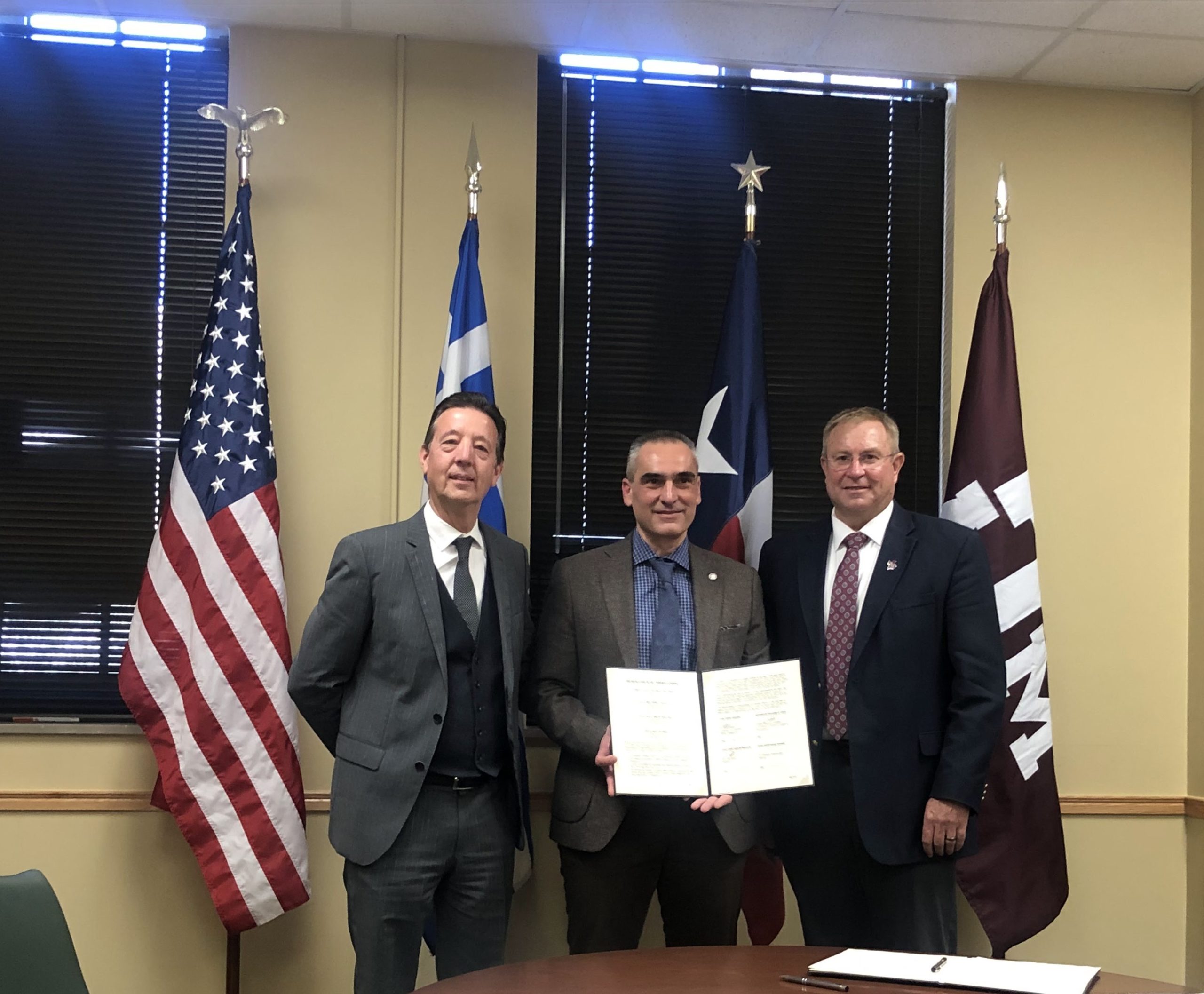
The roots of the TAMU–AUA partnership were cultivated through the METAVASIS Project, led by Dr. Pappas, which explored the social impacts of energy challenges and laid the groundwork for broader collaboration. This initiative also facilitated academic exchange and revealed the shared institutional vision, which is now realized in the dual-degree program. A delegation of 14 faculty members from Texas A&M’s College of Agriculture and Life Sciences traveled to Athens, Greece, in June 2024 and engaged in fruitful discussions with Greek counterparts, fostering collaboration and identifying potential research and educational partnerships. Drs. Bartzanas and Ibrahim co-hosted the workshop, and both highlighted the fact that this landmark event had charted the course for an even deeper partnership between Texas A&M University and the Agricultural University of Athens. The formalization of the partnership through a comprehensive Memorandum of Understanding signed in February 2024 by Dr. Stratos Pistikopoulos, Dr. Thomas Bartzanas, and Dr. Cliff Lamb, Director of Texas A&M AgriLife Research, paved the way for joint educational and research initiatives. A subsequent Memorandum of Agreement signed in November 2024 further reflected the universities’ deep commitment to mutual goals in research, education, and global capacity building. These formal agreements underscore their shared vision for impactful international education, their deep commitment to collaborative endeavors, and their collective willingness to work synergistically towards common goals, providing a robust and reliable foundation for the successful development and implementation of this vital program.
Texas A&M University: A Legacy of Excellence
The development and implementation of this innovative dual master’s program will be a collaborative effort involving key units at Texas A&M University:
- The Department of Biological and Agricultural Engineering (BAEN): Uniquely positioned within both the College of Agriculture and Life Sciences (COALS) and the College of Engineering, BAEN’s interdisciplinary nature makes it ideally suited to co-lead the development and execution of this dual master’s program. The department’s faculty comprises internationally recognized experts in diverse fields, including water resources engineering, environmental engineering, bioenergy, food engineering, and sustainable agriculture—all crucial for a holistic understanding of the nexus.
- The Texas A&M Energy Institute: Founded 15 years ago, TAMEI fosters interdisciplinary collaboration to advance innovative energy technologies, study energy challenges, and inform energy policies. TAMEI has long been a global leader in systems-level approaches to unraveling the complex interdependencies within the WEF nexus, considering economic, legal, public policy, and environmental dimensions.
Shaping the Future: Program Aims
This newly funded project is strategically focused on designing and establishing a cutting-edge master’s program between AUA and Texas A&M University with the overarching aims to:
- Deliver specialized and advanced education in the critical and interconnected areas of the Water, Energy, Food Nexus and Climate Change, directly addressing the evolving needs of current and future industries and sectors.
- Provide students with an unparalleled international learning experience that uniquely combines the distinct strengths, diverse perspectives, and complementary expertise of both leading universities.
- Train a new generation of scientists, policymakers, and practitioners to lead in sustainability and resilience across sectors and borders
- Equip graduates with the essential knowledge, interdisciplinary skills, and global perspectives necessary to emerge as effective leaders and impactful innovators, empowered to tackle complex global challenges and contribute meaningfully to a more sustainable and resilient future for all.
Through this initiative, Texas A&M University and the Agricultural University of Athens reaffirm their leadership in addressing the world’s most pressing resource challenges—preparing students not only for the careers of the future, but for the stewardship of the planet.
